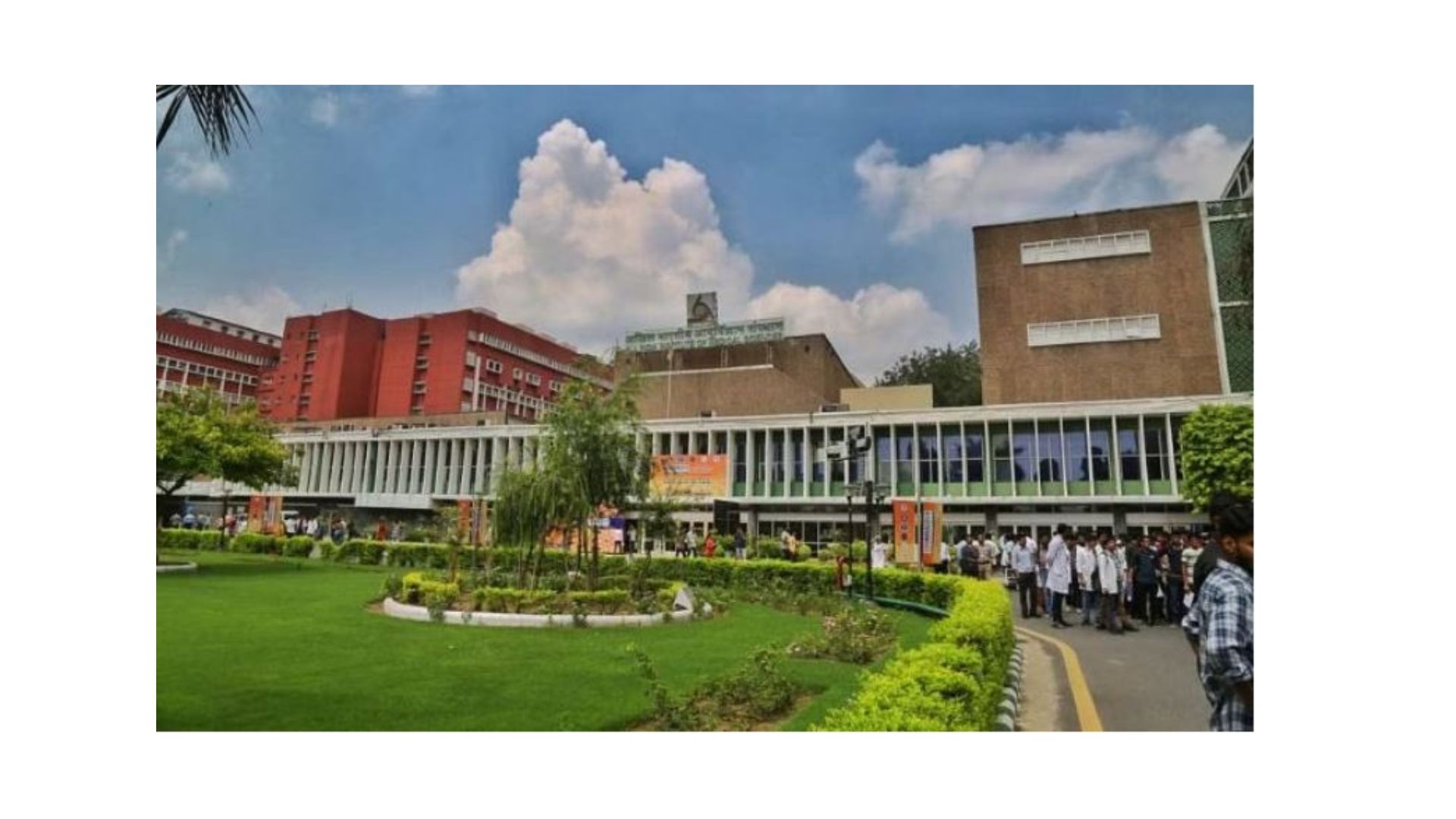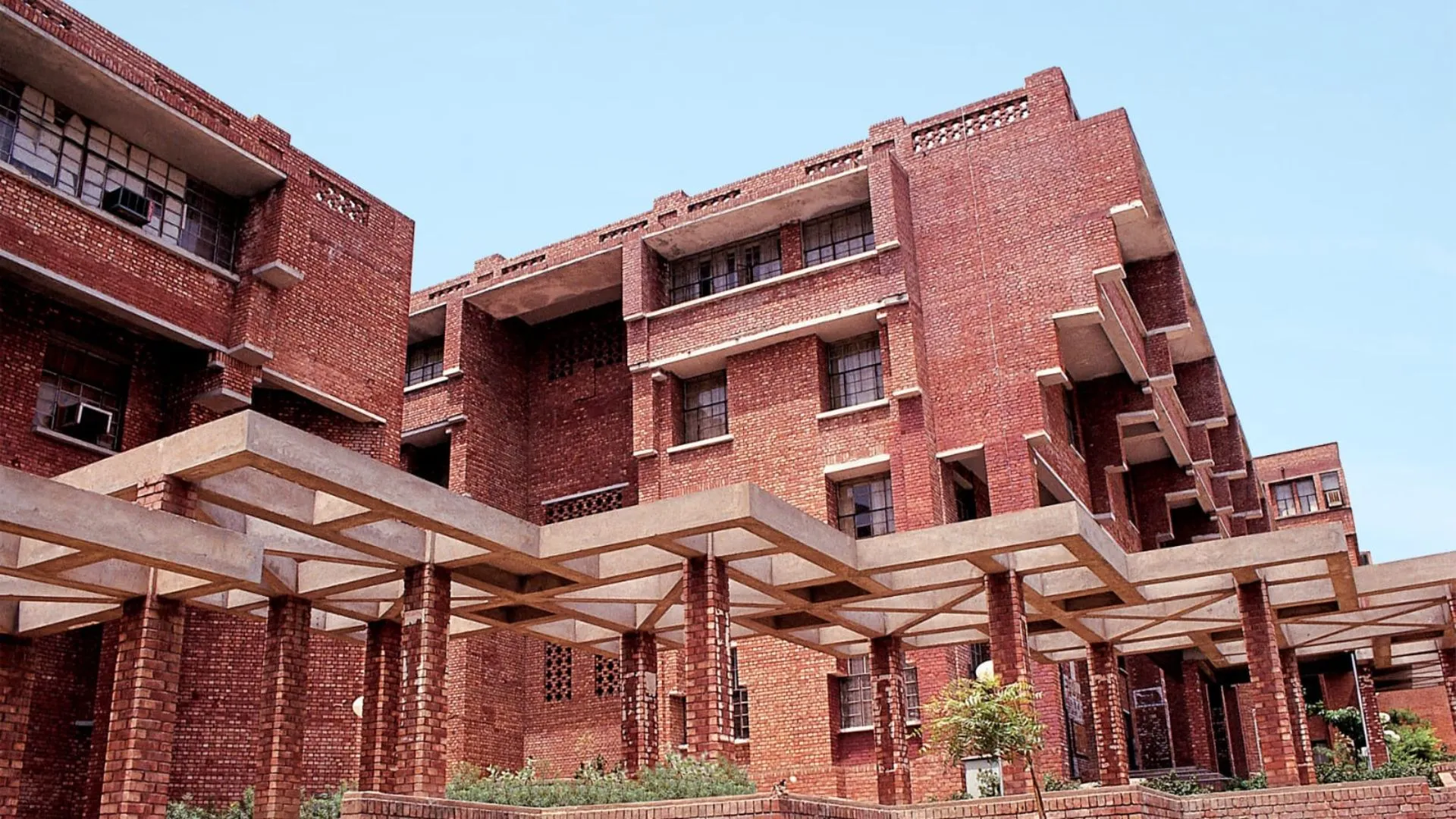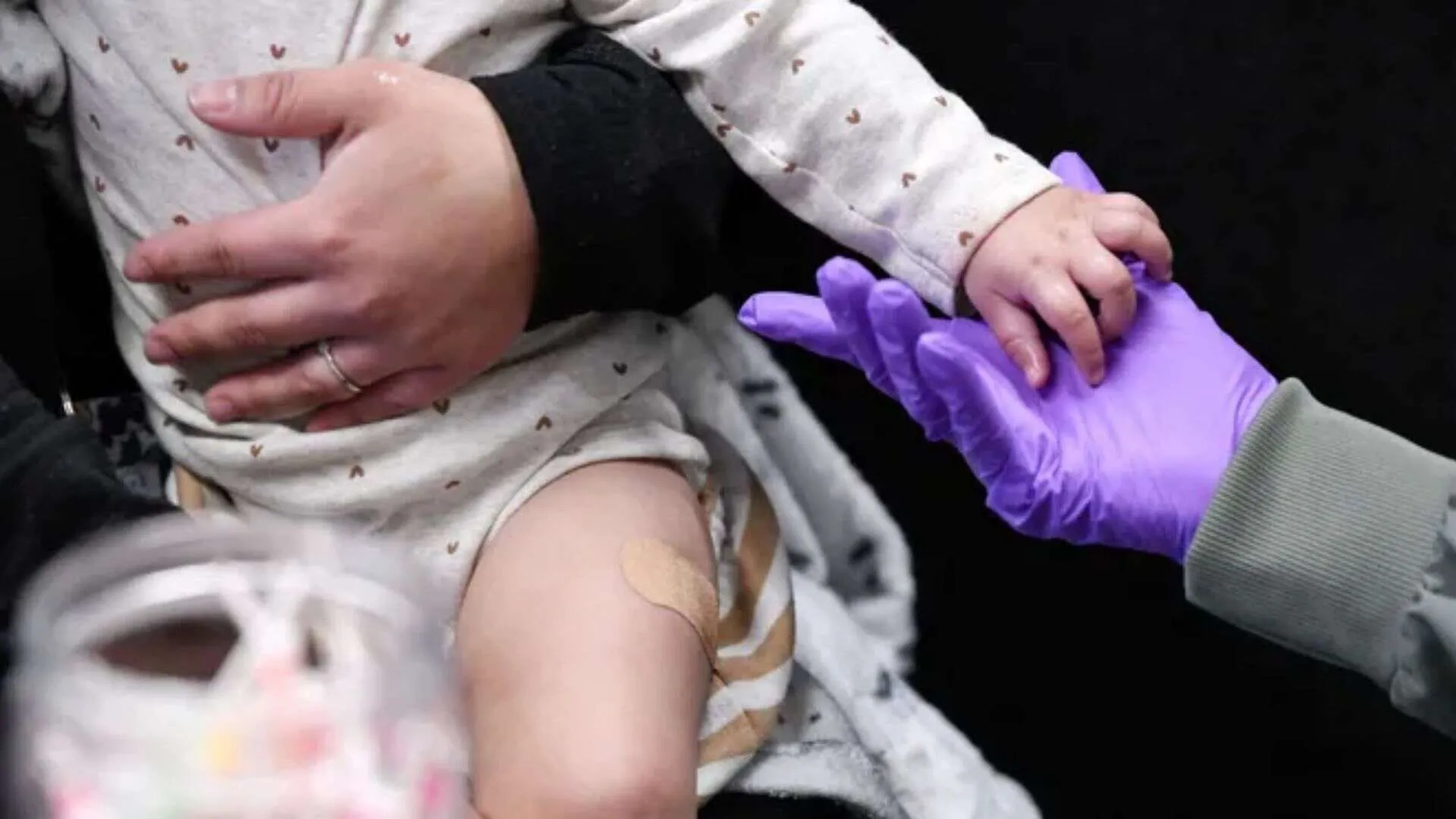In light of the Monkeypox (Mpox) outbreak, the All India Institute of Medical Sciences (AIIMS) in New Delhi has issued detailed guidelines for handling suspected cases. This step follows a directive from the Centre to enhance airport surveillance and detect potential Monkeypox cases.
According to a notification from AIIMS, the institute has established a standard operating procedure (SOP) for managing suspected Monkeypox patients in its emergency department. The World Health Organisation recently declared Mpox a global health emergency, emphasizing that while it is serious, it is not as novel as Covid-19, as the virus’s characteristics and control measures are already known.
Here are the key points from the AIIMS guidelines:
Patient Assessment: Patients presenting with fever, rash, or a history of contact with confirmed Monkeypox cases should be flagged for immediate assessment.
Symptom Identification: Medical staff are advised to recognize key symptoms, including fever, headache, muscle aches, back pain, swollen lymph nodes, chills, exhaustion, and characteristic skin lesions.
Isolation Protocol: Suspected Monkeypox patients should be placed in a designated isolation area to minimize contact with other patients and staff.
Isolation Beds: AIIMS has designated beds AB-7 numbered 33, 34, 35, and 36 specifically for isolating Monkeypox patients.
Treatment and Allocation: These isolation beds will be allocated based on recommendations from the emergency chief medical officer and will be managed by the medicine department.
IDSP Notification: The Integrated Disease Surveillance Programme (IDSP) should be notified at 8745011784 when a suspected Monkeypox case is identified. The IDSP team must receive the patient’s details, clinical history, and contact information.
Referral to Safdarjung Hospital: Suspected Monkeypox patients should be referred to Safdarjung Hospital for further evaluation and treatment, as it has been designated for managing Monkeypox cases.
Ambulance Coordination: AIIMS has designated a dedicated ambulance for transferring patients to Safdarjung Hospital. Emergency staff must inform the ambulance coordinator at 8929683898 to arrange patient transfer.
Infection Control: All interactions with suspected Monkeypox patients must adhere to strict infection control measures. Healthcare staff are required to use personal protective equipment (PPE) and maintain accurate documentation of patient details, symptoms, and the referral process.
Documentation: Detailed records of patients’ details, symptoms, and the referral process must be kept meticulously as part of the infection control protocol.
These guidelines aim to ensure effective management and containment of Monkeypox while safeguarding patients and healthcare workers.





















